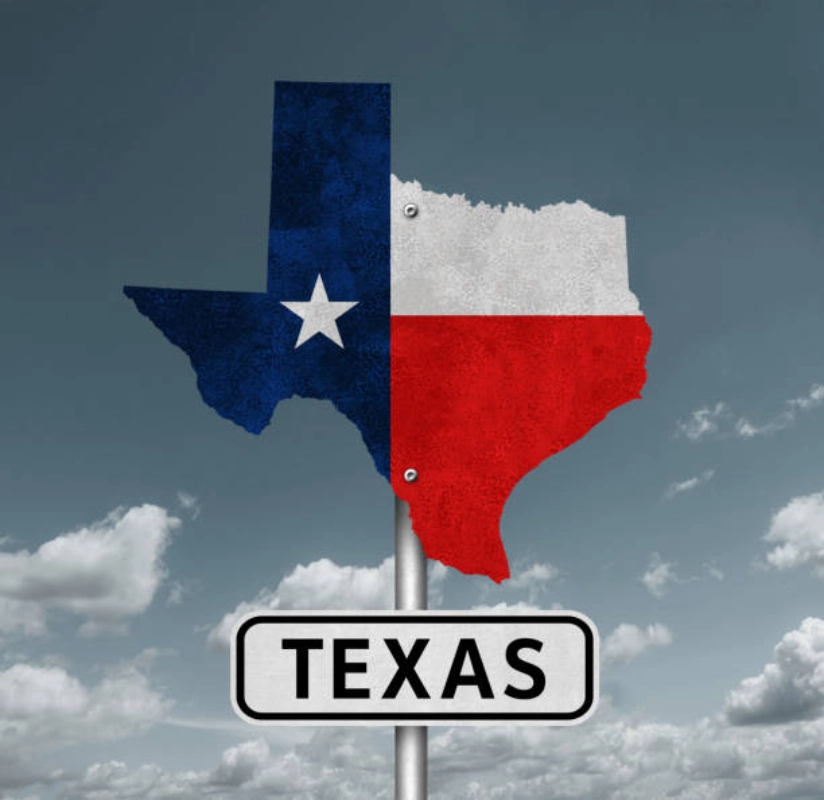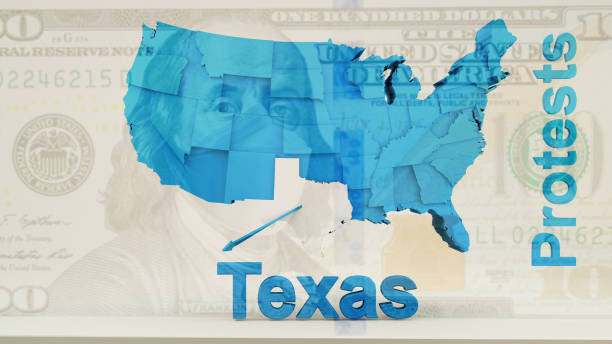What Are the Most Common Reasons for Bankruptcy in Texas?

Common Reasons for Bankruptcy in Texas
Facing financial challenges can be overwhelming, especially when considering bankruptcy as a potential solution. In Texas, specific laws govern bankruptcy filings, making it crucial to recognize the common factors that lead residents to seek this legal relief. This article delves into the primary reasons for bankruptcy in Texas, offering insights into how individuals can navigate these challenges and take proactive steps to protect their financial well-being.
Ready to connect with top legal professionals? Get immediate support— Call us at 877-550-8911.
What Are the Most Common Reasons for Bankruptcy in Texas?
Bankruptcy is often a last resort for individuals struggling with insurmountable debt. In Texas, several key factors contribute to this financial distress: 1. Medical Expenses: Medical bills are a leading cause of bankruptcy in Texas. Even with insurance, high deductibles, copayments, and out-of-pocket costs can quickly accumulate, leaving individuals with unmanageable debt. Chronic illnesses or unexpected emergencies often exacerbate the situation, depleting savings and pushing families toward bankruptcy. 2. Job Loss: Sudden unemployment or reduced income can create immediate financial strain. Without a steady paycheck, meeting monthly obligations like mortgage payments, utility bills, and other expenses becomes challenging. In Texas, industries like oil and gas are particularly volatile, leading to layoffs that can devastate families. 3. Excessive Debt: Credit card debt, personal loans, and other forms of borrowing can spiral out of control. Many Texans find themselves trapped in a cycle of borrowing to pay off existing debts, which only worsens their financial situation. 4. Divorce or Separation: Divorce often leads to financial instability, as couples face the costs of maintaining two households, legal fees, and the division of assets and debts. Texas community property laws further complicate matters, requiring equitable distribution of shared financial obligations. 5. Natural Disasters: Texas is prone to hurricanes, floods, and other natural disasters, which can result in significant property damage and loss of income. Recovering from such events often requires substantial financial resources, pushing many toward bankruptcy. Recognizing these common reasons can help individuals take preventive measures and seek assistance before their financial situation becomes unmanageable.
The Impact of Medical Expenses on Bankruptcy in Texas
Medical expenses are a significant driver of bankruptcy in Texas. Even with insurance, the high cost of healthcare can lead to overwhelming debt. Here are some key factors contributing to this issue:- Lack of Health Insurance: Many Texans are uninsured or underinsured, leaving them vulnerable to high medical costs.
- Rising Healthcare Costs: The increasing cost of medical care, including prescription drugs and hospital stays, can quickly deplete savings.
- Chronic Conditions: Long-term illnesses often result in ongoing medical expenses, making it difficult for individuals to maintain financial stability.
Job Loss and Its Role in Bankruptcy in Texas
Job loss is a major contributor to bankruptcy in Texas. The sudden loss of income can create a domino effect, making it difficult to meet financial obligations. Here’s how job loss impacts individuals:- Immediate Financial Strain: Without a steady paycheck, paying for essentials like housing, utilities, and groceries becomes challenging.
- Increased Reliance on Credit: Many individuals turn to credit cards or loans to cover expenses, leading to mounting debt.
- Economic Volatility: Industries like oil and gas are prone to fluctuations, resulting in layoffs that leave workers struggling to find new employment.
How Divorce Can Lead to Bankruptcy in Texas?
Divorce is another common reason for bankruptcy in Texas. The financial impact of separation can be devastating, particularly when combined with the emotional toll. Key factors include:- Asset Division: Texas community property laws require the equitable distribution of assets and debts, which can leave individuals with significant financial burdens.
- Increased Living Expenses: Maintaining two households instead of one can strain finances, especially if one spouse was financially dependent on the other.
- Legal Fees: The cost of divorce proceedings can add to the financial strain, particularly in contentious cases.
- Create a Post-Divorce Budget: Assess your new financial situation and adjust your spending accordingly.
- Seek Financial Counseling: Professional guidance can help you navigate the challenges of managing finances after divorce.
- Negotiate Debt Responsibility: Clearly define who is responsible for shared debts during the divorce process.
The Burden of Credit Card Debt in Texas
Credit card debt is a significant contributor to financial distress in Texas. High interest rates and easy access to credit cards can lead to rapid debt accumulation. Key points to consider include:- High Interest Rates: Many credit cards have interest rates exceeding 20%, making it difficult to pay off balances.
- Minimum Payments: Paying only the minimum amount due can extend the repayment period and increase overall interest costs.
- Financial Emergencies: Unexpected events like job loss or medical emergencies often lead to increased reliance on credit cards.
Business Failures and Bankruptcy in Texas
Business failures are another common reason for bankruptcy in Texas. Entrepreneurs often face challenges such as poor management, lack of market demand, and insufficient capital. Key factors include:- Poor Financial Management: Many business owners struggle to manage cash flow effectively, leading to unpaid debts and operational costs.
- Economic Downturns: Recessions or industry-specific challenges can destabilize businesses, particularly those in volatile sectors like oil and gas.
- Intense Competition: The competitive landscape in Texas can make it difficult for businesses to differentiate themselves, leading to declining revenues.
Preventing Bankruptcy: Tips for Texans
Preventing bankruptcy requires proactive financial management. Here are some strategies to help Texans avoid financial distress:- Create a Budget: Track your income and expenses to identify areas where you can cut back.
- Build an Emergency Fund: Save three to six months’ worth of living expenses to cushion against unexpected events.
- Seek Financial Counseling: Professional guidance can help you develop a personalized plan to improve your financial situation.
- Avoid Unnecessary Debt: Limit your reliance on credit cards and loans, and focus on paying off high-interest debts first.
FAQs
1. What is the most common reason for bankruptcy in Texas? Medical expenses are the leading cause of bankruptcy in Texas, followed by job loss and excessive debt. 2. How does divorce contribute to bankruptcy? Divorce often leads to financial instability due to asset division, increased living expenses, and legal fees. 3. Can natural disasters lead to bankruptcy? Yes, natural disasters like hurricanes and floods can result in significant property damage and loss of income, pushing individuals toward bankruptcy. 4. What steps can I take to avoid bankruptcy? Creating a budget, building an emergency fund, and seeking financial counseling are effective strategies to prevent bankruptcy. 5. How does job loss impact financial stability? Job loss can lead to immediate financial strain, increased reliance on credit, and difficulty meeting monthly obligations, often resulting in bankruptcy.Don’t wait to secure the legal representation you deserve. Visit Legal Case Review today for free quotes and tailored guidance, or call 877-550-8911 for immediate assistance.

